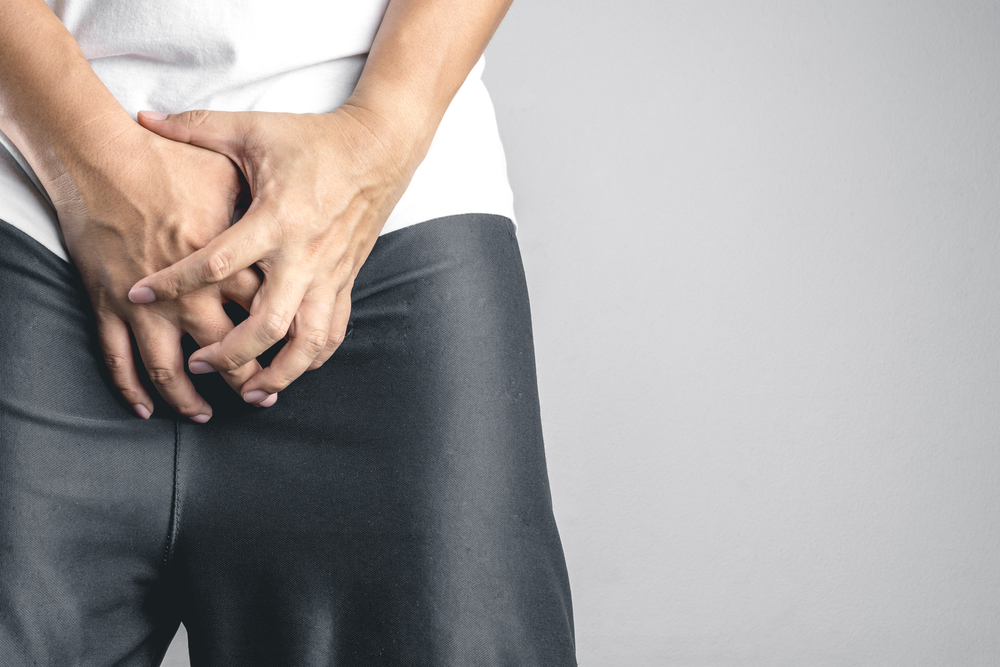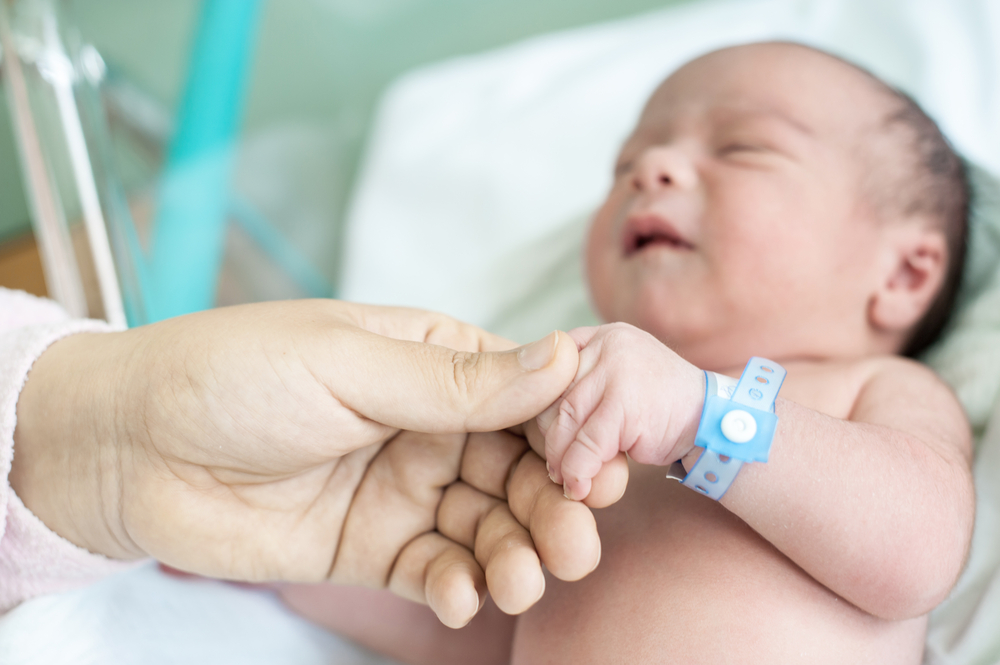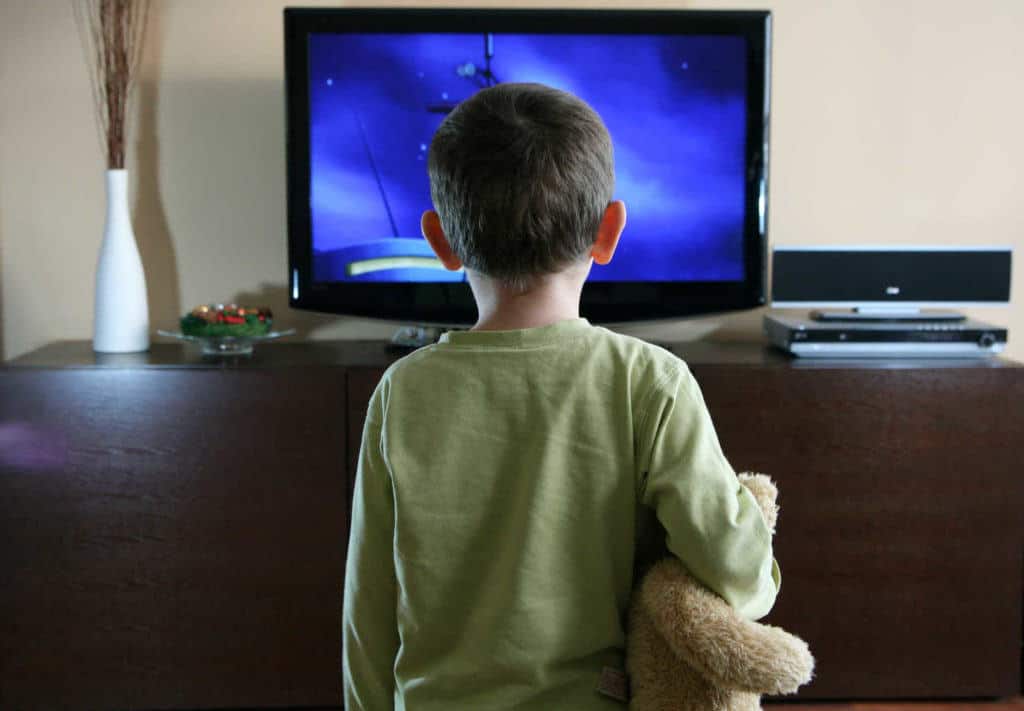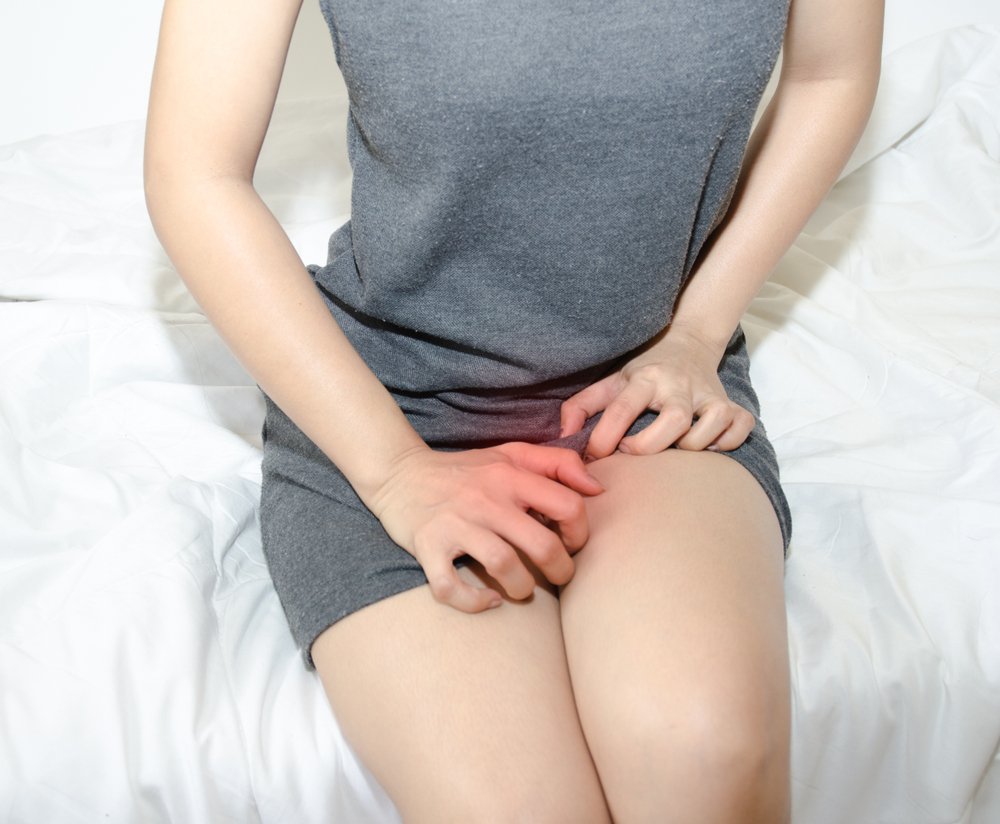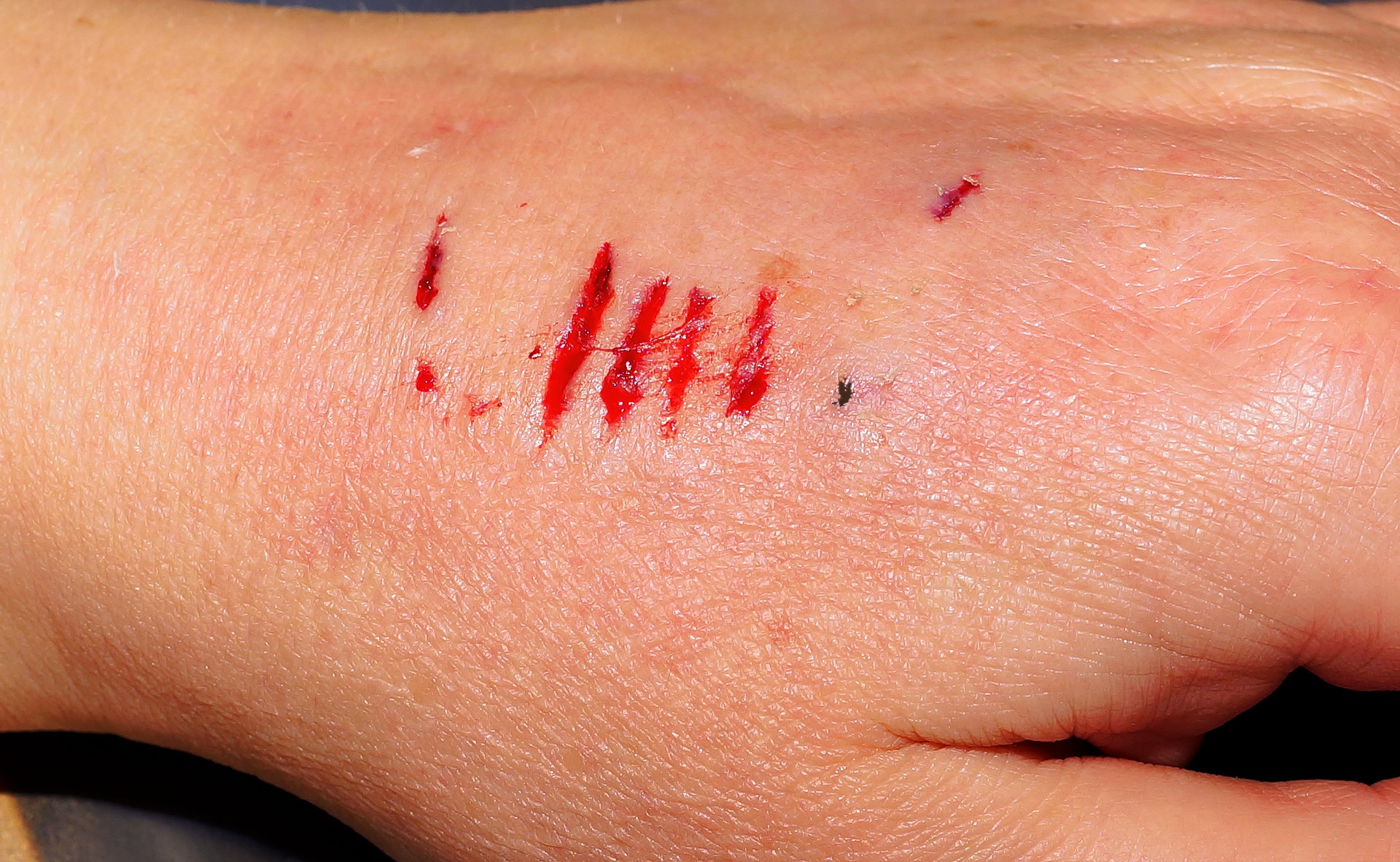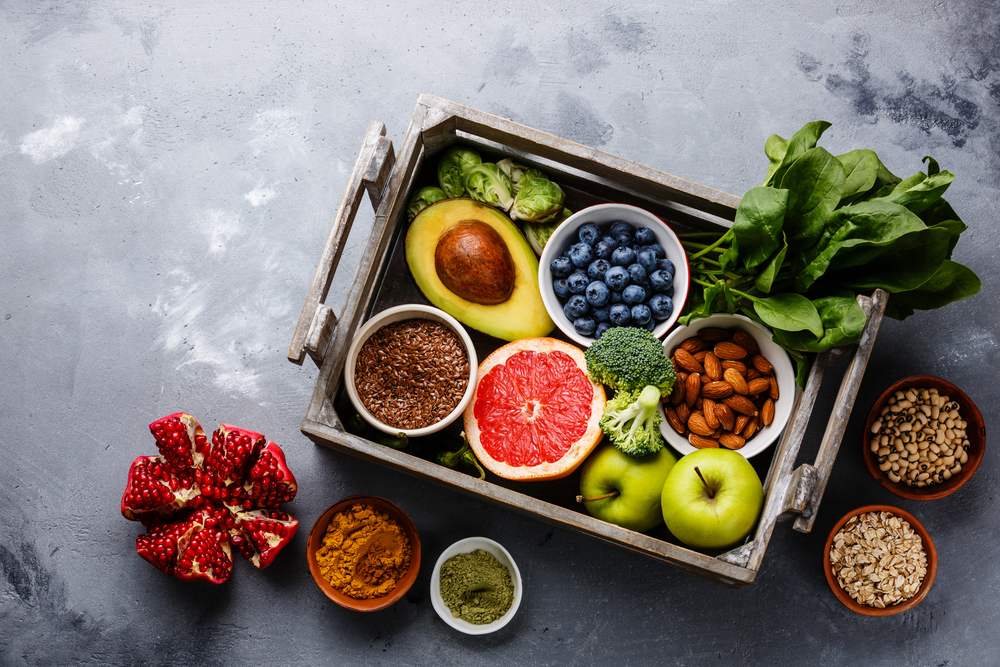Contents:
Medical Video: Dua Lipa & BLACKPINK - Kiss and Make Up (Official Audio)
Nothing is happier than when you fall in love. Just for a moment think that finally you have found a life mate that is as colorful as you have dreamed of, it can be so thrilling. You feel very happy like floating in the seventh sky. But at the same time, your new love can drain your energy, focus, and time to the point where everything else that happens in your life feels like a nuisance between you and him. You can't stop thinking about your lover. You wake up and go to sleep obsessed about this relationship and what your future will look like with it.
Falling in love can make you feel like you have an anxiety attack. Suddenly you complain of frequent dizziness, difficulty focusing, losing weight, not being able to sleep well for days, feeling uneasy, heartburn like being invaded by thousands of butterflies.
Ever wondered why love can occupy you with happiness and melancholy together? This is the reason.
Love is not only a matter of feeling, but also the influence of hormones
Reporting from Today, a joint research team from Leiden University and the University of Maryland showed that people who fall in love may have difficulty carrying out general cognitive tasks (such as multitasking and problem solving) because they spend most of their mental energy thinking of the soul mate.
When you fall in love, you are under the influence of hormones that make you experience three waves of emotions at the same time: euphoria, danger, and fatigue. Reporting from Psychology Today, a team of researchers from the University of Pisa found that in the early stages of romantic relationships, nerve-transmitting activity of adrenaline, dopamine, oxytocin, norepineprine, and phenylethylamine (natural PEA amphetamines also found in chocolate and marijuana) mixed and increased when two people are attracted to each other, which places their emotional aspects overwhelmed.
Uniquely, during this euphoric phase, the relaxation effects that you get from serotonin "good mood" hormones will decrease, replaced by an obsession with your partner and consistently remembering back to the previous romantic memories that you spent with him. This PEA also has a role in making your heart pound and feel gasping, trembling, and a very desire to be united with your lover.
Changes that occur to you when you fall in love
Although beautiful, this euphoric phase can destroy you. You add a romantic relationship to a normal routine that is already busy enough for you. Responsibility at home and office or school work is now slowly being marginalized, defeated by your subconscious need to devote all energy to strengthening your romantic relationship. This can make you more nervous and anxious than usual.
Also, loving someone is also 'forcing' you to lower your alertness and be more open - making you able to suspend all criticisms and doubts about it - so you can unite your needs and desires with those of him. This process can threaten your existence and make you feel insecure. This fear is very clearly felt. It takes extra time and effort for both parties to be able to start trusting people who were previously foreign and building stronger relationships for both of you.
Many are risked in building a romantic relationship. You may unconsciously create emotional problems and drama to voice your turmoil and bring it to the surface.
With all the hormonal changes and fears that are raging inside you, it's no wonder you might feel exhausted in the early stages of your love.
Brain activity that occurs while in love
Romantic relationship is an opium. This can be proven by biochemical changes that occur in someone who falls in love with those who have obsessive compulsive disorders, including insomnia and loss of appetite. The fantasy of the idol of the heart fills our days in fulfilling our night's dreams; when separated, we feel incomplete. This 'emptiness' of heart will also lead to obsession and constant chat about the object of your love that is far from grasping.
The reason for this is quite simple, but a little surprising: people who are in love have a lot in common with cocaine addicts. MRI scans reveal that the nucleus accumbens brain is equally active in those who are in love and in cocaine addicts and gamblers, when they are in love.
Breakups are similar to ‘sakau’
The feeling of cravings associated with romantic love is a real phenomenon. Quoted by The Star, biological anthropologist Helen Fisher, states that seen through the brain scanning of 17 people who had just been dumped by their partners, detected activity in the brain - ventral tegmental system of the midbrain - which was associated with deep feelings of romantic love for that person. So, when you are dumped by the idol of the heart, you still continue to love him. He also found activity in the brain area - orbitofrontal cortex - a part of the dopamine hormone system that is associated with cravings and attachments. So, even though they have dumped you, you will still feel an attachment to it. Finally, it is also found that brain activity associated with anxiety runs in harmony with rejection but is also associated with physical pain and emotional stress.
Therefore, heartbroken people also feel what their names are upset. Longing, sadness, anger, shame, or guilt are emotions that can arise after a romantic relationship filled with happiness. Addiction covers the pain of affection-and-hate relationships or from loss of happiness, and they hide this desire for longing to be able to experience a happy state once again.
At first, they will be in the stage of rejection - rejecting that their love story has run aground and does not want to acknowledge the end of the relationship. In the stage of protest, usually they will try to regain the heart of the idol. They will seduce, make promises, ask to meet and discuss to maintain relations, to confront third parties who "steal" their partners. If all these "reverse" attempts don't work, in the end they will slip into misery. Anyone who has experienced the end of a relationship knows that a breakup can cause anxiety, irritability, anger, and feelings of hopelessness or helplessness. They shut themselves up, lie in bed and cry without stopping, and don't go to school / work - all of this shows symptoms of depression.
Love can also trigger depression if ...
Reporting from Healthline, research shows that those who have a rigid attitude about the importance of romantic love - "I will no longer find other people as good as him", "my life is destroyed without him", or "the breakup of this relationship is my fault" - is they which is more span to develop clinical depression. Negative feelings are actually not enough to cause a clinical mood disorder, but a combination of cognitive vulnerability and mild depression can throw someone into a deep depressed well.
How someone internalizes troubled by love will determine whether he can survive through this life's trials or whether he needs help from outside parties. Fisher found that in the brains of people who were dumped, the area associated with cravings and attachments would fade with time. So, time does heal. You can start feeling better, more independent and not only obsessed with your ex, and start socializing as before.
READ ALSO:
- 5 Psychological Factors That Trigger Infidelity
- Is Normal Still Masturbating After Marriage?
- 6 Husband Ways to Support Wives During Pregnancy



